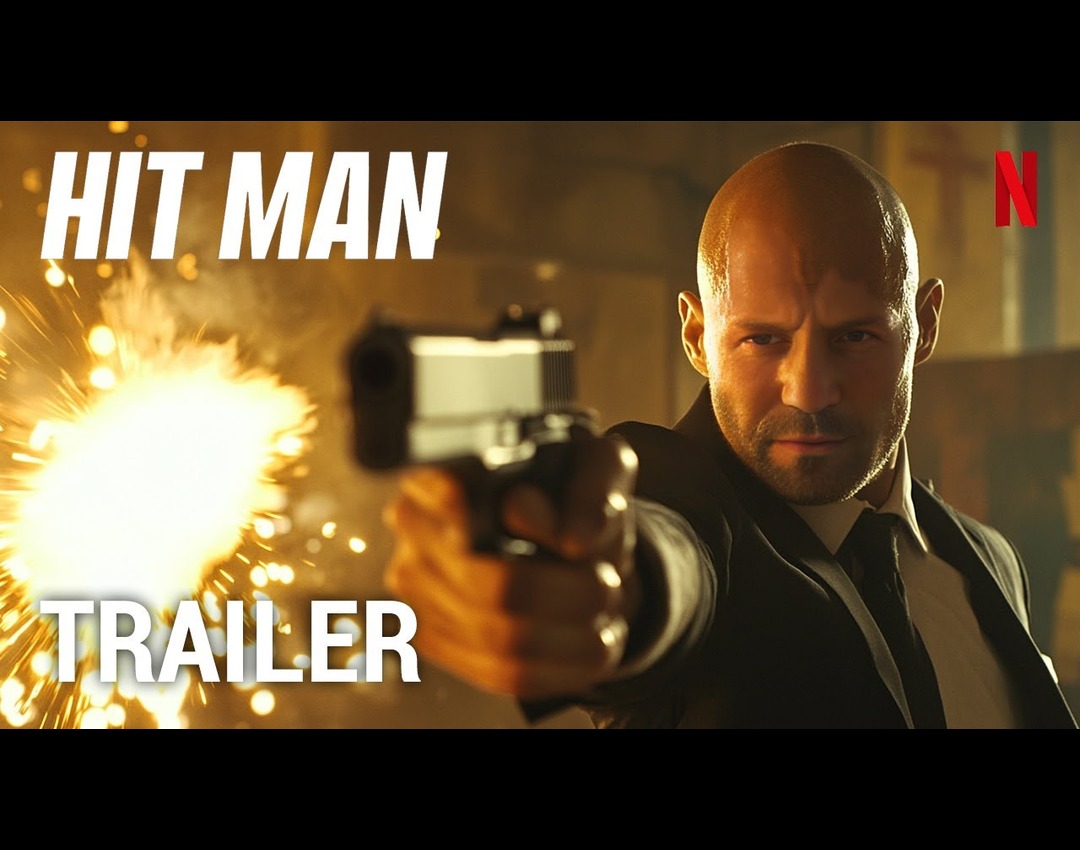In a striking statement that underscores growing impatience in Washington, Senator Marco Rubio (R-FL) has warned that the United States may abandon its efforts to broker peace in Ukraine if no significant progress is made within days. His comments come as Ukraine’s counteroffensive stalls and Western support shows signs of fatigue, raising questions about the future of U.S. involvement in the conflict.
Marco Rubio Warning: A Shift in U.S. Strategy?
Speaking on Marco Rubio, a senior Republican on the Senate Intelligence Committee, stated that the Biden administration is nearing a breaking point in its diplomatic efforts.
“If we don’t see any meaningful movement toward peace talks in the coming days, the U.S. will have to move on,” Rubio said. “We can’t keep pouring resources into a stalemate with no end in sight.”
His remarks suggest a growing sentiment among some U.S. lawmakers that continued military and financial aid to Ukraine may not yield decisive results. While the U.S. has been Kyiv’s strongest backer since Russia’s invasion in February 2022, political divisions at home and battlefield realities abroad are forcing a reassessment.
Why the Sudden Urgency?
Several factors are driving Rubio’s stark warning:
1. Stalled Ukrainian Counteroffensive
Ukraine’s much-anticipated 2023 counteroffensive has failed to achieve major breakthroughs. Despite Western training and advanced weapons, Russian defenses have held firm, leading to heavy casualties on both sides. With winter approaching, the window for significant gains is closing.
2. Domestic Political Pressure
In the U.S., Republican opposition to unlimited Ukraine aid is growing. Some lawmakers argue that American resources should focus on domestic issues or other global hotspots, like China. Marco Rubio comments may reflect an attempt to push Ukraine toward negotiations before Congress cuts funding.
3. Global Fatigue
European allies are also feeling the strain. Poland recently halted military aid to Ukraine over a grain dispute, and Slovakia’s newly elected leader has vowed to stop arms deliveries entirely. If U.S. support wavers, Kyiv could find itself increasingly isolated.
What Does ‘Moving On’ Look Like?
Rubio did not specify what “moving on” entails, but possibilities include:
- Reduced Military Aid: The U.S. could slow or halt weapons shipments, forcing Ukraine to the negotiating table.
- Diplomatic Pressure: Washington might push Kyiv to accept concessions, such as territorial compromises, to end the war.
- Shift in Focus: The Biden administration could prioritize other foreign policy challenges, like Taiwan or the Middle East.
Ukraine’s Response: No Compromise on Sovereignty
Ukrainian officials have repeatedly stated they will not cede territory to Russia. President Volodymyr Zelensky has insisted that peace talks are only possible if Moscow withdraws from all occupied lands, including Crimea.
If the U.S. withdraws support, Ukraine’s ability to sustain its war effort would be severely weakened. However, Kyiv may seek alternative backers, such as the EU or private military contractors.
The Bigger Picture: A Turning Point?
Marco Rubio warning signals a potential turning point in U.S. policy. While the Biden administration remains publicly committed to Ukraine, behind-the-scenes frustrations are mounting. If no diplomatic progress is made soon, America’s role in the conflict could shrink dramatically altering the course of the war.
For now, all eyes are on the next few days. Will there be a breakthrough, or will the U.S. truly “move on”? The answer could reshape the future of Ukraine and global geopolitics.
What do you think? Should the U.S. continue supporting Ukraine indefinitely, or is it time to push for peace talks? Share your thoughts in the comments below.






